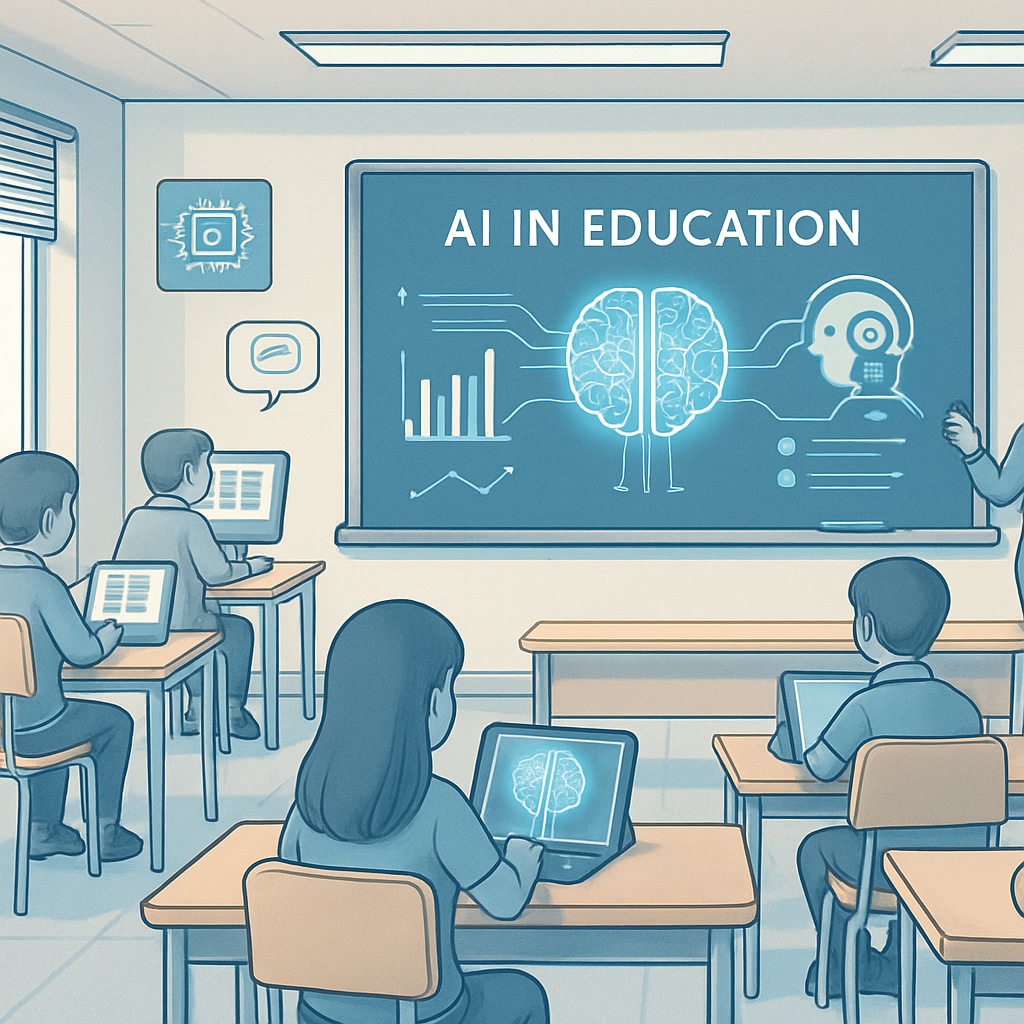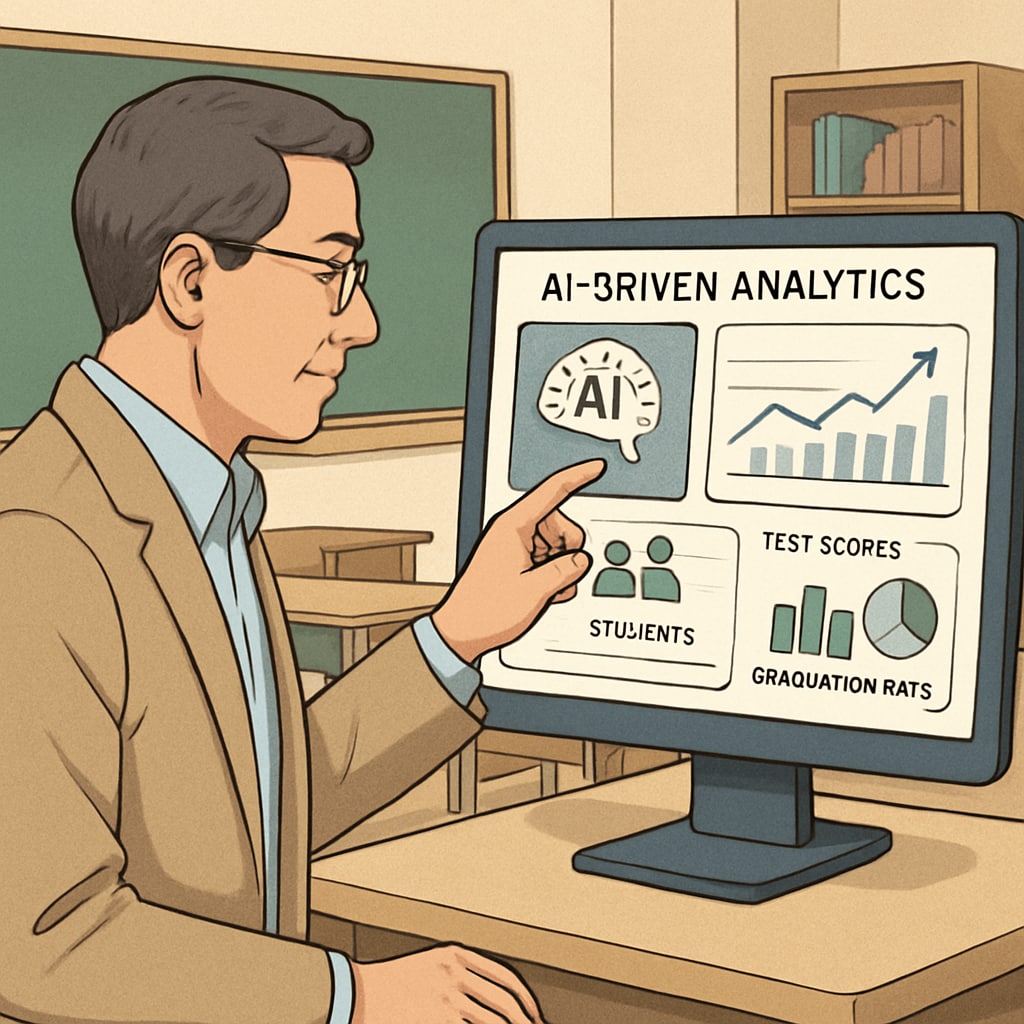As artificial intelligence (AI) continues to transform industries worldwide, its impact on education systems, including competitive exams, has become increasingly evident. Traditional models of talent evaluation, used in K12 systems and for employee selection, are under pressure to adapt to the demands of the AI era. In this article, we will examine the challenges posed by AI and argue for a reimagined approach to education and talent assessment that leverages the potential of modern technology.
Why Traditional Competitive Exams Are Losing Relevance
Competitive exams have long been the cornerstone of educational and professional evaluations. However, these systems often prioritize rote memorization over critical thinking, creativity, and problem-solving. As AI technologies like machine learning and natural language processing become more sophisticated, they call into question the effectiveness of traditional assessments in preparing students for real-world challenges.
For example, AI tools can now solve complex mathematical problems or write well-structured essays within seconds. This raises concerns about whether current exam formats are still a valid measure of human potential. Moreover, the focus on standardized testing often overlooks diverse talents, such as emotional intelligence, adaptability, and innovation.

How AI Can Revolutionize Talent Evaluation
AI offers opportunities to move beyond one-size-fits-all testing models. By leveraging advanced analytics, educators can design personalized assessments that evaluate a broader range of skills. For instance:
- Adaptive Testing: AI-powered systems can adjust the difficulty level of questions based on a student’s responses, providing a more accurate measure of their capabilities.
- Behavioral Insights: AI tools can analyze how students approach problem-solving tasks, offering deeper insights into their thought processes.
- Skill-Based Evaluation: Instead of focusing solely on academic knowledge, AI can assess soft skills like teamwork, communication, and leadership.
Such innovations not only enhance fairness but also ensure that the evaluation process aligns with the skills needed in the modern workforce.
Policy Changes Needed for the AI Era
To integrate AI effectively into education, policymakers must address several key areas:
- Redefining Success: Broaden the definition of academic and professional success to include diverse skills and competencies.
- Ethical Use of AI: Establish guidelines to ensure AI tools are used responsibly and do not exacerbate existing inequalities.
- Investment in Teacher Training: Equip educators with the knowledge and tools to integrate AI into their teaching and assessment methods.
These changes require a collaborative effort between educators, technologists, and policymakers to create a system that is both equitable and forward-looking.

The Role of Teachers in the AI-Driven Classroom
Despite the growing role of AI, human educators remain central to the learning process. Teachers can use AI tools as complements rather than replacements, allowing them to focus on mentorship, personalized guidance, and fostering emotional intelligence. For example, while an AI system might identify gaps in a student’s understanding, it is the teacher who can provide the encouragement and context needed to bridge those gaps.
Moreover, educators play a crucial role in preparing students for the ethical and societal implications of living in an AI-enabled world. By teaching critical thinking and ethical reasoning, they ensure that students not only adapt to technological changes but also contribute to shaping a better future.
Conclusion: Building a Future-Ready Education System
The integration of AI into education represents both a challenge and an opportunity. While traditional competitive exams struggle to remain relevant, AI offers the tools to create a more equitable and effective system for evaluating talent. By embracing change and focusing on holistic development, we can prepare students not just for exams, but for life in an AI-driven world.
As we move forward, collaboration among educators, policymakers, and technologists will be essential to ensure that the benefits of AI are accessible to all. The future of education lies not in resisting change but in harnessing it to unlock the full potential of every learner.
Readability guidance: Short paragraphs and lists have been used to improve readability. The article includes smooth transitions and maintains a balance between technical insights and practical applications.


